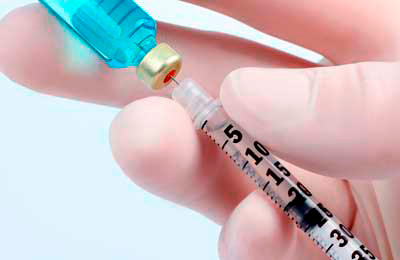
J&J starts clinical trial of Ebola vaccine in Sierra Leone
BENGALURU, October 9, 2015
Johnson & Johnson has begun a clinical trial of a two-shot Ebola vaccine in Sierra Leone, underlining its determination to push ahead with development, even as the epidemic fades out West Africa.
The new study will investigate the experimental product's safety and its ability to provoke an immune response in the body to the disease, which the World Health Organization says has killed more than 11,000 people in Guinea, Liberia and Sierra Leone.
Last week, for the first time since the Ebola outbreak was declared in March 2014, there were no new confirmed cases of the deadly disease in those countries, according to the UN agency.
The world already has one successful Ebola vaccine, with Merck and NewLink Genetics' product proving 100-per cent effective in a clinical study in Guinea in July.
But scientists and drug companies are continuing to research the potential of alternatives, since different kinds of vaccines may be better suited for different population groups.
Campaign groups such as Medecins Sans Frontieres are also keen to see multiple manufacturers in order to have competition in the vaccine market to ensure lower prices and ample supply.
J&J, which is working with Bavarian Nordic in developing its vaccine, said on Friday that trial recruitment was underway and the first volunteers had received their initial vaccine dose.
This is the first study conducted of the so-called prime-boost vaccine regimen in a West African country affected by the recent Ebola epidemic.
J&J's vaccine uses a combination of two components to strengthen the immunity and make it last longer. The US healthcare company said it had scaled up production to more than 800,000 two-shot doses and had the capacity to produce two million if needed.
Scientific experts believe the success of Merck and NewLink's vaccine suggests other products in trials should also prove effective.
Although these alternatives may not be tested in preventing Ebola cases, given the current lack of disease, they could still be licensed and readied for use in future outbreaks based on human immune response results and data from non-human primate experiments.
GlaxoSmithKline is also working on an Ebola vaccine. - Reuters







